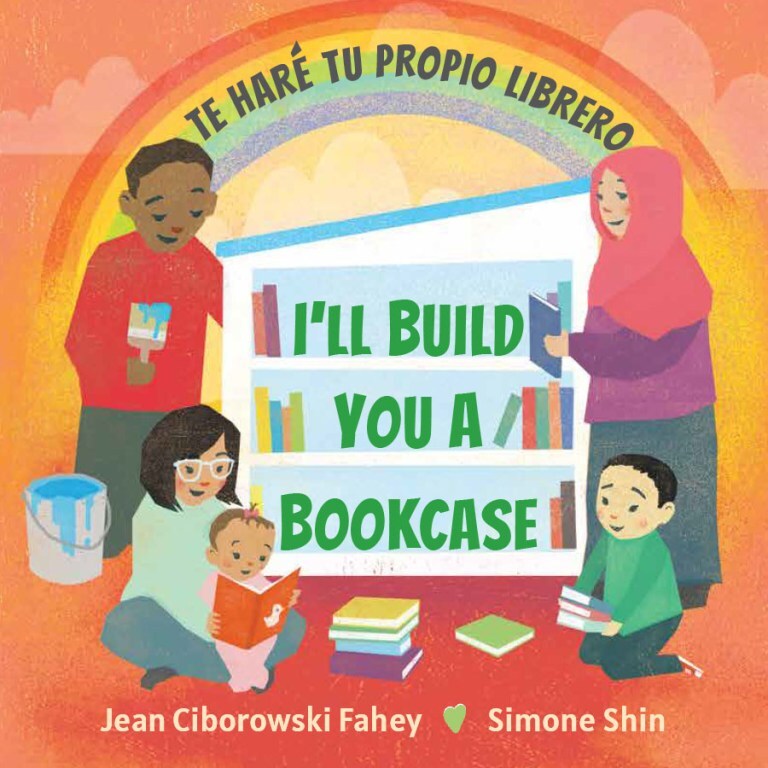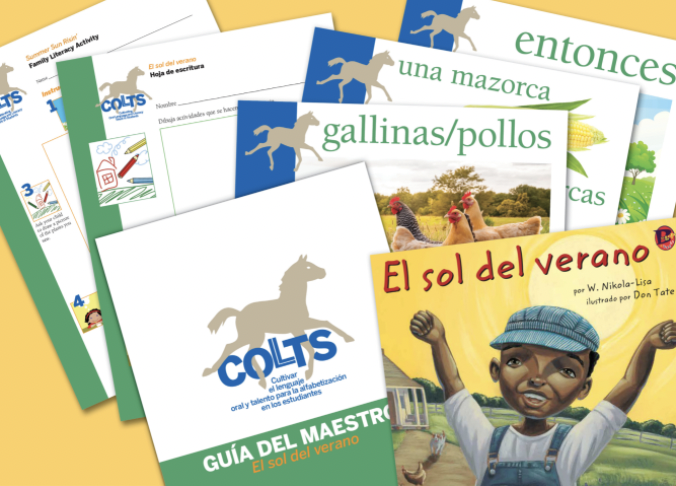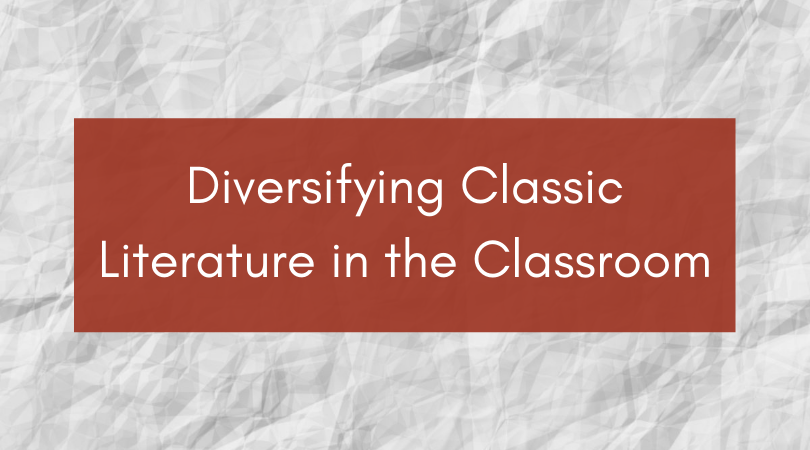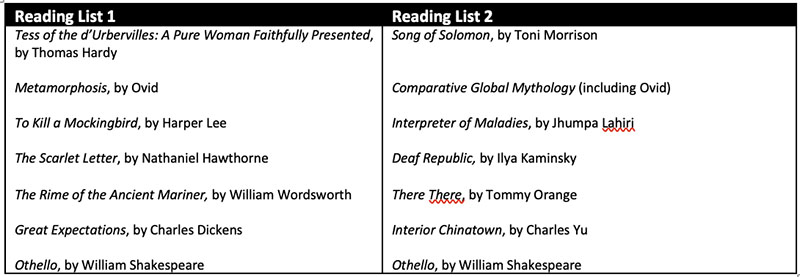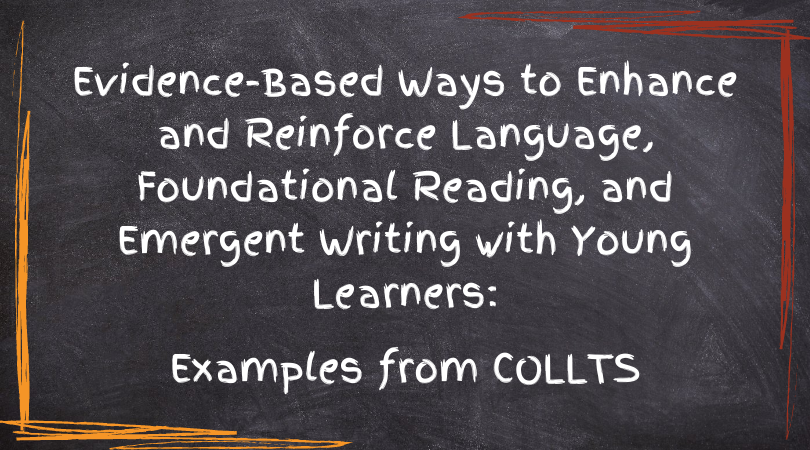 In this article, Lauren Artzi, Rebecca Bergey, and Patricia Garcia-Arena explore ways in which educators can use the COLLTS (Cultivating Oral Language and Literacy Talent in Students) program to promote successful reading and writing skills in young learners, including dual language learners (DLLs).
In this article, Lauren Artzi, Rebecca Bergey, and Patricia Garcia-Arena explore ways in which educators can use the COLLTS (Cultivating Oral Language and Literacy Talent in Students) program to promote successful reading and writing skills in young learners, including dual language learners (DLLs).
Category Archives: Guest Blogger Post
Authors, illustrators, educators, and other industry professionals visit the blog to share their expertise.
The Reality of Babies and Literacy: A Guest Post by Author Jean Ciborowski Fahey
In this guest post,I’ll Build You a Bookcase author Dr. Jean Ciborowski Fahey shares practical strategies for caregivers embarking on their literacy journey with their little one.
Continue readingSocial and Emotional Learning During a Pandemic: A High Schooler’s Perspective
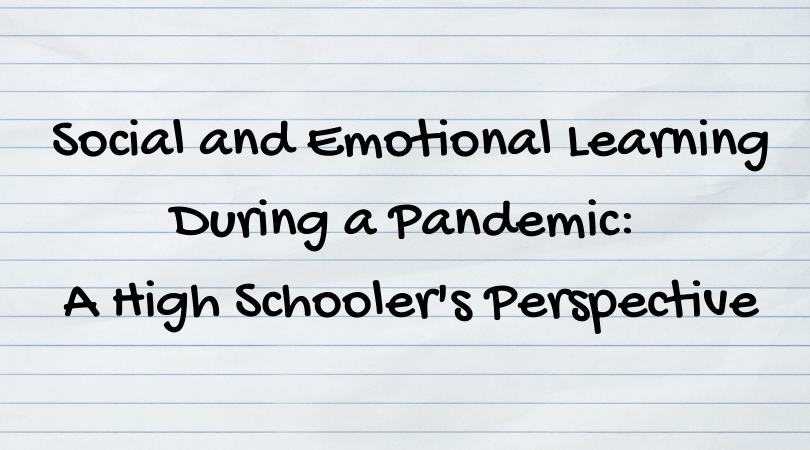
In this blog post, Lee & Low intern Dylan Low reflects on her own experiences to highlight the importance of social and emotional learning/health for students in the time of the COVID-19 pandemic.
Continue readingAddressing the Overwhelming Need for an Early Childhood Program Focused on Young Dual Language Learners
Written by Patricia Garcia-Arena, Ph.D., Principal Researcher at the American Institutes for Research, this blog post explores the need for dual language learners (DLLs) to be exposed to DLL-teaching strategies early on in childhood to promote their learning. Read on to learn how the COLLTS (Cultivating Oral Language and Literacy Talents in Students) program from the American Institutes for Research can do just that.
According to the Migration Policy Institute, more than 11.2 million young children, or 33 percent of all U.S. children under the age of 9, are dual language learners (DLLs).
All the Bilinguals I’ve Been: A Guest Post by Author Alessandra Narváez Varela
In this guest post, author Alessandra Narváez Varela talks about her journey growing into her bilingualism and how that grew into her latest novel, Thirty Talks Weird Love.
Diversifying Classic Literature in the Classroom: A Student’s Perspective
In this blog post by Kiana Low, our Lee & Low summer intern, she shares the need for educators to create space for more diverse, contemporary books and voices to balance the “classics.”
The classics. If you attended high school in the United States, your mind may immediately go to Shakespeare, Jane Eyre, or maybe even Nathaniel Hawthorne, whose The Scarlet Letter has been a Puritan warning against female sexuality for nearly two centuries. These are the old guard of high school English classics—literature included in reading lists for generations. There are also “modern classics”—you may think of J.D. Salinger, Harper Lee, and John Steinbeck.
Diverse Texts Aren’t Just for Elementary School: Building Inclusive Curricula for Middle and High School
In this guest post, Paul Bambrick-Santoyo and Stephen Chiger, co-authors of Love and Literacy: A Practical Guide for Grades 5-12 to Finding the Magic in Literature, share different ways that high school educators can approach text selection and build inclusive curricula.
Here’s a thought experiment: Consider the two high school book lists below. Which one would you prefer for a child you love?
All of the texts above are powerful, and all could make for fruitful study. But readers of this blog won’t likely need to be convinced of the advantages of list 2. A great curriculum makes space for more than one voice; it invites students to see themselves and each other through new eyes.
Why, then, do so many middle and high schools still look more like reading list 1?
An Interview with A.M. Dassu, author of Boy, Everywhere
Today is the release day for Boy, Everywhere by debut author A. M. Dassu! In this powerful middle-grade debut, Sami and his family embark on a harrowing journey to save themselves from the Syrian civil war.
Watch author A. M. Dassu talk about why she wrote Boy, Everywhere. And read on to learn more about what moved Dassu to write this story, her experience and work with refugees, and the feedback she’s received from Syrian readers.
The Importance of Black Joy in Children’s Books: A Conversation with Kelly J. Baptist and Darnell Johnson
A few years ago, conversations surrounding the importance of joyful books that feature Black characters finally started to pick up steam. Though BIPOC readers, specifically Black readers, have noticed the lack of joyful diverse books for some time, publishing is finally getting to a place of recognition that Black characters are more than just oppression and a teaching moment for outside readers. BIPOC are just like everyone else with varied lived experiences that aren’t always rooted in pain. In this guest blog post, we hear from author Kelly J. Baptist and illustrator Darnell Johnson to discuss the importance of Black joy in children’s books and how that translated into their newest title The Electric Slide and Kai.
Writing Poetry in the Classroom: A Lesson With Author Mark Karlins
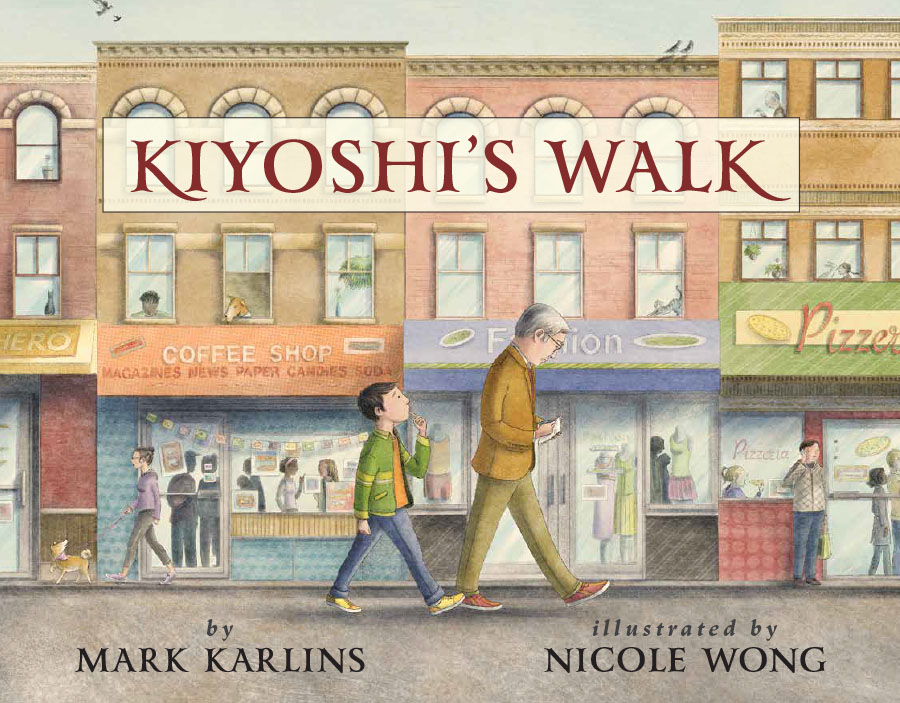 In this guest post, author and poet Mark Karlins shares how his latest title, Kiyoshi’s Walk, can be used to engage students (and anyone!) to write poetry in the classroom and at home. Mark Karlins also shares how the traditional Japanese poetry form, renga, can help create community in a classroom especially in time for National Poetry Month!
In this guest post, author and poet Mark Karlins shares how his latest title, Kiyoshi’s Walk, can be used to engage students (and anyone!) to write poetry in the classroom and at home. Mark Karlins also shares how the traditional Japanese poetry form, renga, can help create community in a classroom especially in time for National Poetry Month!
As I was writing Kiyoshi’s Walk, all I was thinking about was writing an engaging story about a child who wanted to learn to write poetry, a story which has a strong grandfather-grandchild relationship and a progressive structure that keeps people reading and listening. Now that Kiyoshi’s Walk has been published, I’ve begun to think about how the story can expand and become a base for teaching writing both at home and in the classroom. A walk outdoors with a parent and child, a stroll through the playground of a school, even an indoors excursion from one window to the next, can provide experiences for the writing of haiku. Grandfather Eto and Kiyoshi demonstrate a way this can happen.


